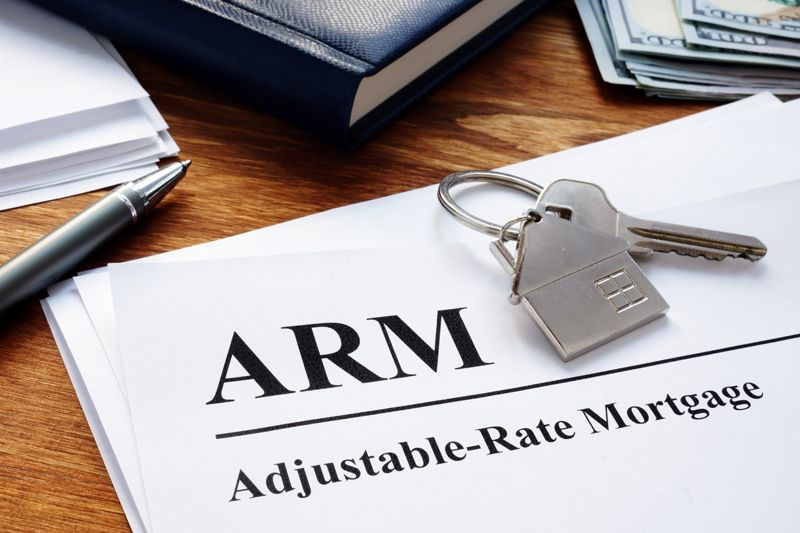Rental property can be a great investment, especially right now. With economic uncertainty looming, it’s understandable that you’d want to generate more streams of income and accumulate more assets. Most people aren’t going to have the money lying around to buy a rental property outright, but you can take out a mortgage to buy a rental property and the process is pretty much the same as taking out a mortgage to buy a primary residence.
When you’re buying a rental property, though, you’re going to need to be prepared to put down a larger down payment than you’d need when buying a primary residence. You’ll also need a lower debt-to-income (DTI) ratio. You’ll need to make sure you can afford not just the mortgage payments and landlord insurance, but also repairs and maintenance, potential periods of vacancy, tenant screening, and other aspects of property management. Here’s what you need to know to get a mortgage to buy a rental property.

Mortgage lending is all about assessing how much risk a particular borrower poses, and in order to convince lenders that you’re a low-risk borrower, your finances will need to be close to perfect. You’ll need to show that you have emergency savings sufficient to cover three to six months of mortgage payments, including taxes and landlord insurance. You’ll need a DTI of no more than 35 to 45 percent. You’ll need to show that you can afford to make the mortgage payments each month, although lenders will often allow you to count some of your potential rental income towards your total income for the purposes of getting the loan. However, they may not be willing to do that if you don’t have previous experience as a landlord – and even if they do, they’re not going to be willing to count 100 percent of your potential rental income towards your total income for loan purposes, because lenders know that sometimes rental properties sit empty or incur expenses that landlords need to pay for out of pocket.
You’ll also need a stellar credit rating to get a mortgage loan for a rental property. You’ll need a credit rating of at least 620 to qualify for a loan to buy a rental property. However, you’ll have better luck getting a 15- or 30-year fixed rate mortgage for a rental property with a credit score above 740. You may still have to pay a slightly higher interest rate on a mortgage for a rental income – on average, interest rates for rental properties are 0.375 to 0.5 percent higher than interest rates for primary residences. You’ll get the best interest rates if you can produce a down payment of at least 25 percent and have a credit score above 740.
The zero- and low-down-payment mortgage loan options that might be available to borrowers looking to buy a primary residence are not available to borrowers looking to buy a rental property. You will need to plan to make a down payment of at least 15 to 25 percent. If you’re considering buying a rental property outright, reconsider, especially if you’re thinking of putting all your available cash into the purchase. It might make more financial sense to make a large down payment on a mortgage loan and save some of your capital to cover repairs, renovations, periods of vacancy, and other expenses that come with owning rental property.
When you’re a landlord, you’re responsible for finding and vetting tenants, keeping the property in livable condition for your tenants, doing regular upgrades on the property, performing any landscaping that might be required, and maybe even covering some of the utilities, as well as any other expenses that might come up. Mortgage lenders will want some assurance that you can handle these expenses, usually in the form of large liquid cash reserves. Some mortgage lenders may not be willing to lend to borrowers who don’t have prior experience being a landlord, so you may need to shop around a bit to find a lender willing to take on a first-time